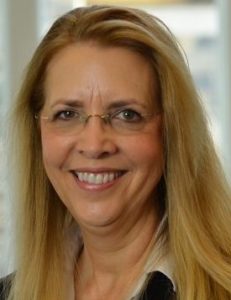A week ago, I participated in a training with the Racial Equity Institute which is located here in Greensboro.
Their approach is unlike any I have experienced before. It helped me begin to think more deeply about how we can affect lasting change in people’s lives.
On the second day of the training we began to list programs in our community that were set up to make a difference in people’s lives. For instance, the free breakfast and lunch programs in public schools. This program makes sure children have the nutrition they need in order to learn, but as good as these programs are, they haven’t lifted children and their families out of poverty.
Our Hot Dish & Hope is an excellent program that feeds the unhoused and food insecure individuals and families twice a week, but it doesn’t address the issues that create homelessness.
Jesus charges us in Matthew 25 to feed the hungry, house the homeless, visit the sick and welcome the stranger into our loving fellowship. “As you did to one of the least of these you did it to me,” he said.
The church will always reach out in compassion to those in need. Yet, I wonder about the systems and structures that create a lack of food, housing, and care.
Why don’t 630.000 North Carolina households have enough to eat? Why is Guilford County one of the “hungriest places in the United States”? According to statistics out of an NC State University conference in 2021, “Black and Latinx households were more than twice as likely to be food insecure than whites.” Greensboro has 17 food deserts, geographical areas where there is no access to healthy, nutritious food nearby.
What are the root causes of these issues that hurt so many?
The church will continue to reach out in Jesus’ name to feed the hungry, provide hope to the homeless and seek to connect people with programs that will lift them up.
These are temporary measures. What has created this situation in the first place that programs alone can’t eliminate? What structures, many that we aren’t aware of, prevent people from having food to eat, affordable housing, and a living wage?
The training I received opened my eyes to institutional systems and structures that we barely notice. Structures that prevent some people from having an equal chance at a full life. My hope in the weeks, months and years ahead is that we, those who follow Jesus Christ, will not only meet the immediate needs of others, but also help make changes in our community and world that will benefit all of God’s children.

